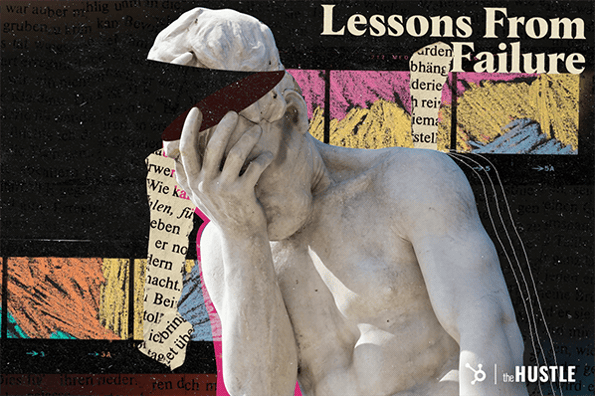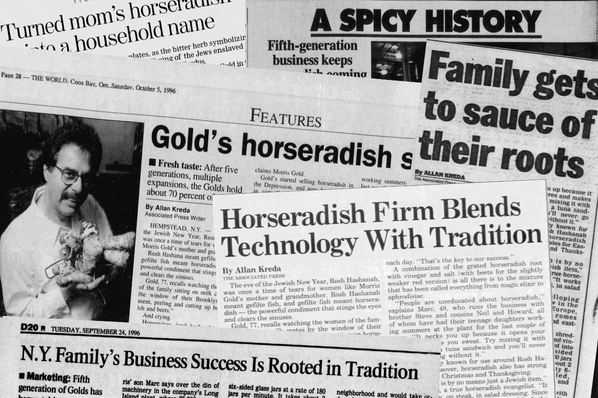When Michael Plisco founded Modus in 2022, he set out to build a mobile app that would help high-achieving millennials budget their time more effectively to fight burnout and track behavioral changes.

Modus was mere weeks away from its January 2023 launch when Plisco and co-founders decided to pull the plug. The decision wasn't easy, and Plisco was in the midst of his own battle against anxiety and depression.
Since stepping away, he now sees Modus and its downfall clearly. Lucky for us, he was willing to sit down for a full postmortem, and Trends subscribers are getting an early look.
Here are his biggest takeaways:
1. Get feedback from your users
Plisco spent the majority of his time ideating and building with his team rather than interacting with users. He was fixated on creating a perfect product, but not focused enough on releasing it quickly and soliciting user feedback.
Attracting investment for consumer technology that doesn't exist, or that doesn't have users, is difficult. Building simple MVPs early on can help apps gather valuable data.
"Release something that's smaller and come back to it," he says. "Meaningfully execute and then keep moving forward."
2. Avoid the death spiral
To fundraise, you need a product. To build a product, you need a team. To have a team, you need fundraising. Aptly called the pre-product death spiral by Plisco, the circular dynamic traps many founders.
Plisco's advice: Solidify one of the components first, and the rest will fall into place. If you can't build your product without a technical co-founder, find a partner with engineering skills who is willing to join the team early. (Plisco brought on two technical co-founders who still held their full-time jobs.)
If you can create the product yourself, do that first, raise capital, then hire.
3. Understand VCs
"The best thing founders can do is understand the game that's being played by investors," Plisco says.
Plisco, who previously worked at a VC firm, says founders need to understand that VCs don't have endless checks. They are playing a high-stakes game where they need specific outcomes to keep the lights on.
Rather than looking at VCs as gods, understand that they're business operators, too, and you need to prove how your business can help them to secure their money.
4. Become a skilled generalist
One of the best things a solo founder can do is become skilled at many aspects of their business. This allows you to:
- Understand what makes the company tick
- Have more constructive and respectful interactions with employees
- Spot problems when they arise.
5. Learn from conventional wisdom
"Founding a startup is like walking through a minefield," Plisco says. There's so much information about what mines people have already triggered, and yet we walk into them over and over again.
His advice: Pay attention to the information, lessons, and stories that are out there on how to release products, iterate, and account for user feedback. Stay humble and don't assume you're different from those who came before you.
6. Take care of yourself
While the entrepreneurial narrative might be to win at all costs, Plisco says it's dangerous to abide by that mindset, and that entrepreneurs need to be in tune with their emotions and know when to take a break or let it go.
"When I started losing alignment with my co-founders on the mission of the company, I felt like I was floating in space in the middle of the ocean with no end in sight," Plisco says. That's what triggered extreme depression for me, and I knew I had to step away for my own benefit and the benefit of those around me.
7. Be a donkey
Ernest Shackleton, the polar explorer who attempted a trans-Antarctic expedition, never reached the South Pole. But he saved himself and his team from certain death, saying better a live donkey than a dead lion.
"Part of being a good founder is knowing when to call it quits," says Plisco. Remember: It's not just about you. It's your responsibility to do what's best for the company and your team. Don't be afraid to pivot, modify, or start from scratch.
bc75.jpg)

.png)

-1.png)

.png)




